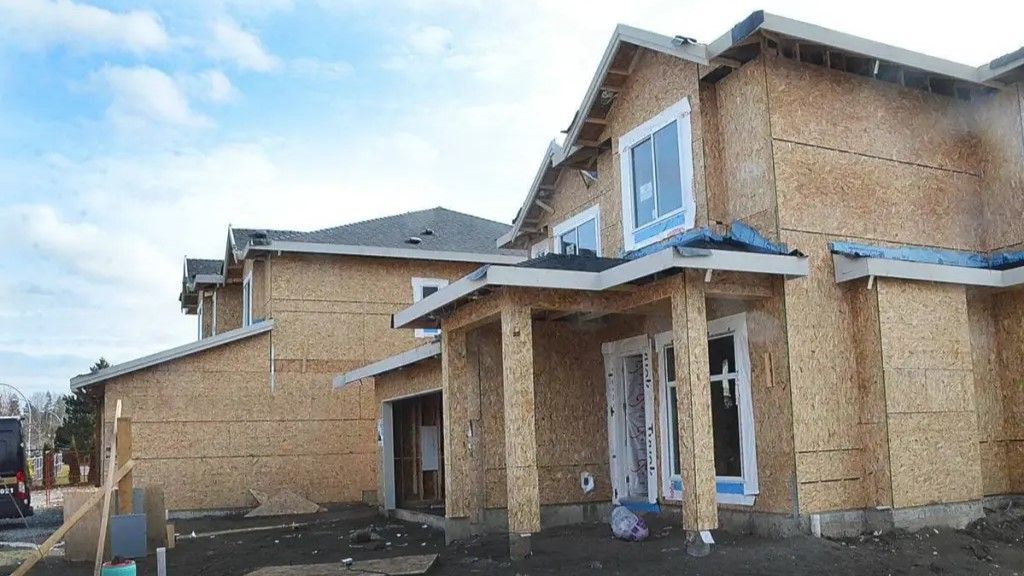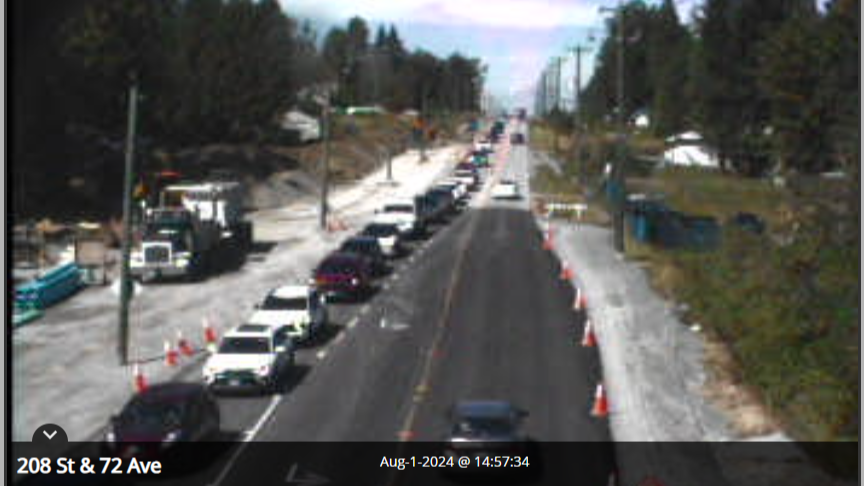With Canada's major Mortgage Finance Companies (MFC's) and all six big banks offering mortgage deferrals of up to 6 months, as well as case-by-case options from credit unions, one of the major questions currently facing Canadians amid COVID-19 is do you defer your mortgage? To help you with this decision, we have gathered some important information on what it means to defer and the benefits (or side-effects) from doing so.
For anyone who is unsure, a mortgage payment deferral means that customers are not required to make regular payments (principal, interest and property tax, if applicable) on their mortgage. In the case of COVID-19, this deferral period can be up to six months.
As much as you may be keen on taking advantage of deferring your mortgage, it is essential to remember that this is not “free money”. During the time mortgage payments are deferred, it is important to understand that interest will continue to accrue and will be added to the mortgage account balance at the end of the deferral period. That said, depending on your financial situation, this may be a great option for those individuals who are facing lower monthly income due to COVID-19.
When deciding whether to defer, I recommend you have an honest conversation with yourself about your financial situation.
- Have you lost monthly income due to COVID-19?
- Are you struggling to pay your monthly bills as a direct result of COVID-19?
- Are you finding yourself extra stressed about your finances?
Remember, deferring payments is as much an emotional and mental decision as it is a financial one. In most cases, if you are really stressed and struggling then deferral is the way to go as it will help free up some income right away for families with reduced or no monthly income due to COVID-19.
To give you a rough idea of the true cost of deferral, RBC Bank has put out a great "Skip a Payment" tool to help you understand how deferring your payment will work. This calculator will show you the amount owing after any deferred payment(s) to give you an idea of how affordable it may be for you. For example, if you have a mortgage rate of 2.80% and 20 years remaining, a single skipped payment of $2,000 will cost you an extra $1,403 over the long-term. Depending on your financial situation and regular monthly income, deferring your mortgage for six months might be a no-brainer for you - especially if it opens up your current finances for other bills.
If you are leaning towards deferring, please book your virtual appointment so we can go over your unique situation and I can help explain the costs to you and determine if it is the right option! If deferring is right for you, contacting your lender to apply and take advantage of this offer will be the next step. Ensuring you have approval for deferral will prevent any impact on your future credit rating.








